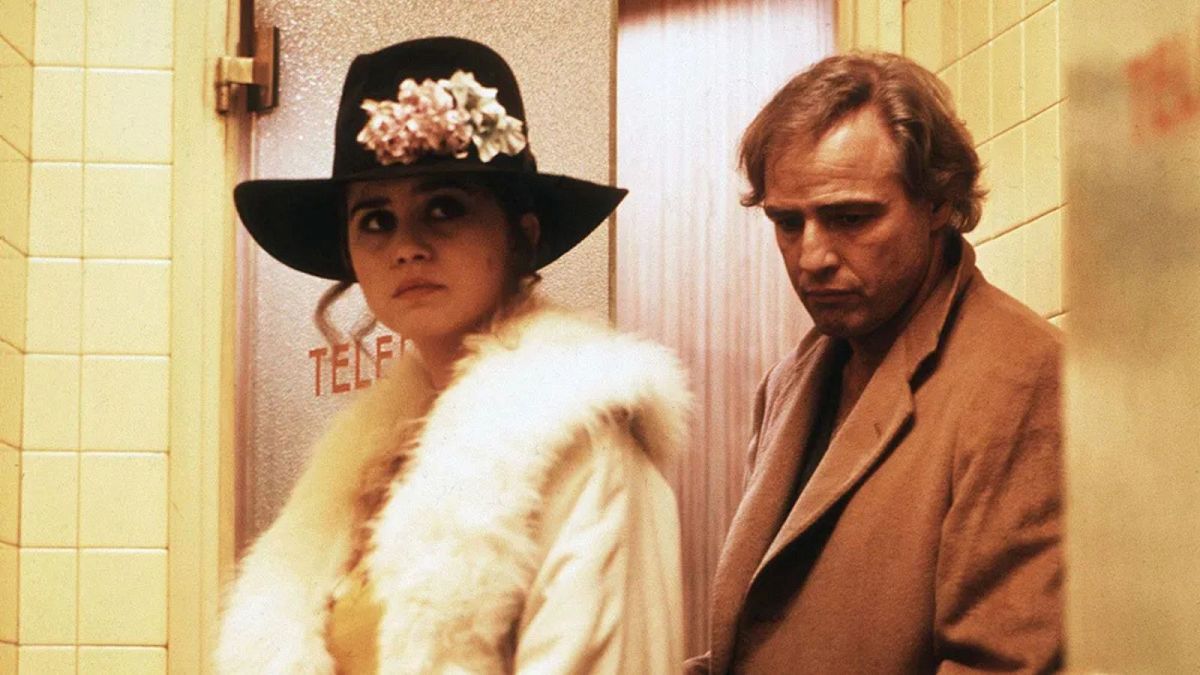Last Tango in Paris, directed by Italian director Bernardo Bertolucci in 1972, was scheduled to be shown Sunday evening as part of a retrospective of work by American actor Marlon Brando. Protestors said that the Cinémathèque Française in Paris failed to provide context about an infamous rape scene.
The prestigious Cinémathèque Française in Paris says it has cancelled a screening of Italian director Bernardo Bertolucci’s controversial classic Last Tango in Paris, citing “potential security risks” after women’s rights activists accused the cinema of failing to provide context about an infamous rape scene filmed without the consent of actress Maria Schneider.
The Cinémathèque announced the decision to cancel the Sunday screening in order “to calm tensions and in light of potential security risks”.
“We are a cinema, not a fortress. We cannot take risks with the safety of our staff and audience,” Cinémathèque director Frédéric Bonnaud told AFP. “Violent individuals were beginning to make threats and holding this screening and debate posed an entirely disproportionate risk. So, we had to let it go.”
Last Tango in Paris (1972) was scheduled to be shown Sunday evening as part of a retrospective of work by American actor Marlon Brando.
Actress Judith Godrèche, a prominent figure in France’s #MeToo movement, criticised the decision to screen the film without providing the necessary context.
“It’s time to wake up, dear Cinémathèque, and restore humanity to 19-year-old actresses (Schneider’s age during filming) by behaving humanely,” she wrote on Instagram.
The 50/50 collective, which advocates for gender parity in cinema, also called on the Cinématheque to provide “thoughtful and respectful” place for Schneider’s testimony and experience alongside the screening.
The Cinémathèque had promised to hold a “discussion with the audience” to address the issues raised by the film.
Last Tango in Paris explores the relationship between an American man and a much younger woman, culminating in a non-consensual sodomy scene. The sex on screen was simulated but it later emerged that Schneider had not been told about what the scene was going to be.
Her allegations, first made in the 1970s, were largely ignored, as explored in the recent documentary Maria. Schneider said it had felt like a violation.
Additional sources • AFP

